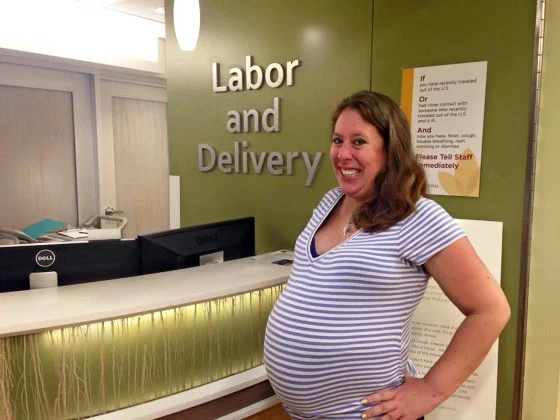Adopting a child can be a profound and life-changing experience, much like the journey of pregnancy that many embark upon with a mix of excitement and naivety. My partner and I attended numerous adoption classes, feeling confident that our experience would be different. However, reality soon revealed that many aspects of adoption are more complex than they initially appear. Now, over a decade into our parenting journey, with two children adopted and one biological, I’ve compiled a list of vital insights I wish I had known before embarking on this path.
- Adoption is a Beautiful Way to Create a Family. It offers love and fulfillment but comes with its own set of challenges.
- All Adoption Carries a Sense of Loss. Regardless of how seamless the process seems, the act of adoption is rooted in loss—loss for birth parents, extended family, and even the adoptive parents who may yearn for the experience of pregnancy. Emotional scars from adoption are often present, even if not immediately visible.
- Surround Yourself with Supportive People. Celebrating your new family formation with traditional rituals like baby showers can reinforce the idea that you are a legitimate family unit, despite societal misconceptions.
- Prepare for Misunderstandings from Others. During our adoption process, we encountered professionals who seemed dismissive of our family structure. One social worker even suggested we shouldn’t prepare a nursery until we had a child in hand. Such comments can be hurtful and are not uncommon.
- Budget Generously for Adoption Expenses. Be ready to allocate two to three times the amount your agency estimates for adoption costs. This extra buffer can be invaluable, whether for unforeseen expenses or for future needs like a college fund.
- Ensure a Warm Welcome Home. Whether returning from an international adoption or from the hospital, having friends and family there to greet you can make all the difference. An empty airport arrival can feel isolating after such a significant life change.
- Recognize the Good Intentions Behind Curiosity. When people ask about your children, they often mean well. They may be curious or considering adoption themselves. Approach these interactions with kindness and openness.
- Handle Negative Inquiries with Grace. Occasionally, you may meet individuals whose questions cross the line. It’s okay to assert your boundaries. I once faced a rude inquiry about my children’s origins, and in response, I turned the question back to the asker. It can be an effective way to redirect the conversation.
- Honor Your Child’s Heritage. Acknowledging your child’s background and family of origin is essential. While being honest about challenges, always approach the topic with respect.
- Adopt for the Right Reasons. If your motivation stems from a desire to “save” a child from their background, reconsider your intentions. Love and respect for the child’s identity are paramount.
- Commit for the Long Haul. Adoption is a lifelong commitment. If your child develops differently than you expected, it’s essential to remember that your role as a parent remains unchanged.
- Prepare for Emotional Outbursts. At some point, your child may express a desire for their “real” parents, particularly during difficult moments. Such remarks can be painful but are part of their emotional journey.
- Understand Fantasies About Birth Families. If your child cannot maintain contact with their birth family, they may idealize that relationship. This is a natural part of their emotional development.
- Normal Challenges May Be Amplified. Typical parenting challenges can be intensified by adoption-related issues. Understanding this can ease frustration for both parent and child.
- Medical History Gaps Can Be Tricky. A lack of medical information can create confusion and distress for your child at different stages of their development.
- Acknowledge Your Own Losses. While you may feel a sense of loss for not having carried your child, remember that the child’s sense of loss is often far greater.
- Emotional Complexity is Common. Many friends and family members may not fully grasp the emotional intricacies of adoption, making it important to seek out those who do.
- Find Your Community. Seek out others who understand the unique challenges of adoption. Connecting with experienced adoptive parents can alleviate feelings of isolation.
- Be Prepared for Tactless Comments. Adoption remains a sensitive topic, and you may encounter individuals who are unaware of their insensitivity. As an advocate for your child, be ready to educate those around you.
- Embrace Your Role as Protector and Advocate. As an adoptive parent, it is your duty to protect your child’s emotional well-being and navigate the challenges that come with adoption.
In conclusion, the journey of adoption is rich with complexities and profound joys. By understanding the emotional landscape and preparing for both the challenges and rewards, you can foster a nurturing environment for your adoptive family.
For further insights on family planning, consider exploring resources like WebMD for pregnancy guidance, or check out Make a Mom’s fertility booster for men for additional support. If you’re interested in home insemination, you might also want to read about the Cryobaby at Home Insemination Kit.

Leave a Reply